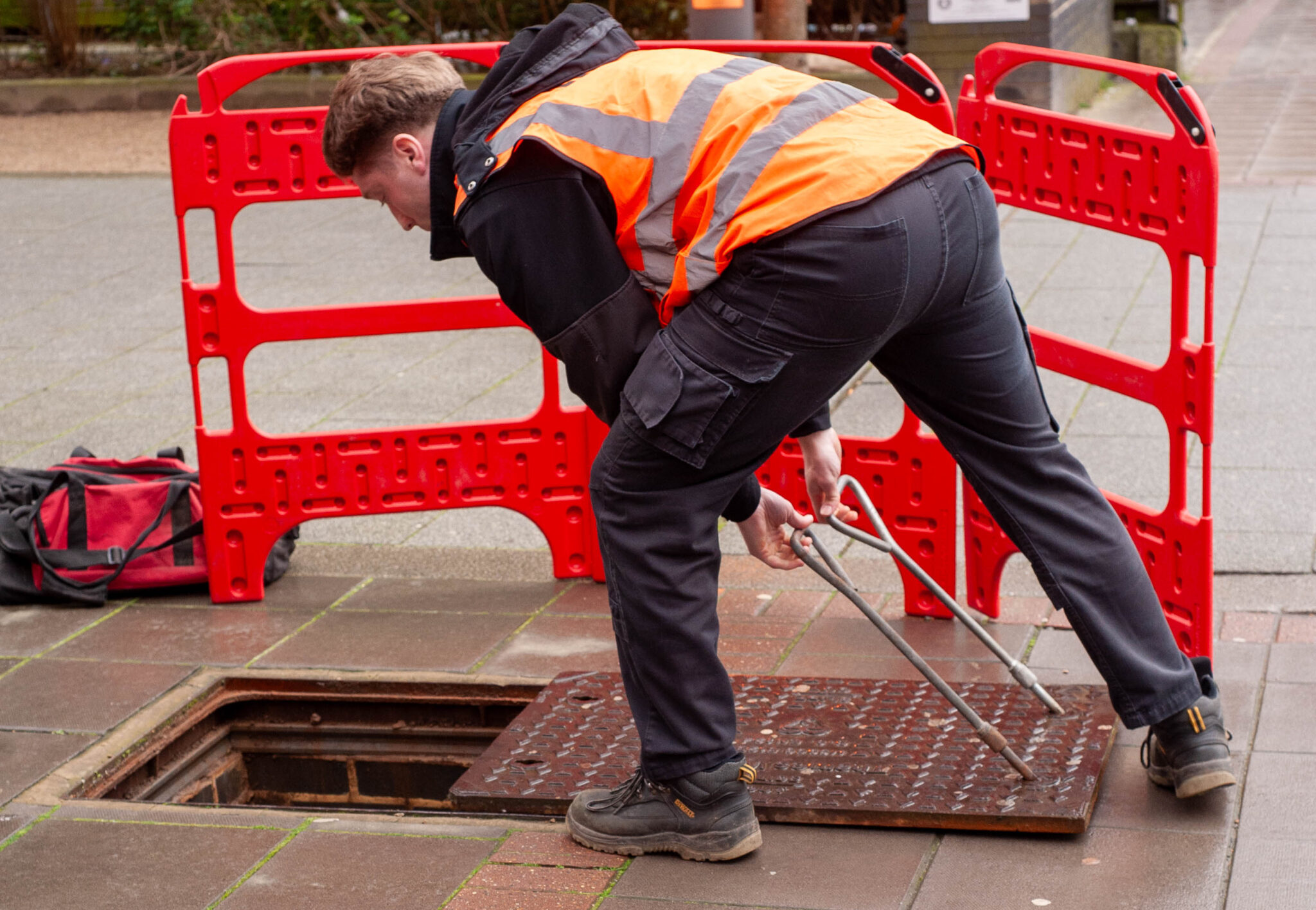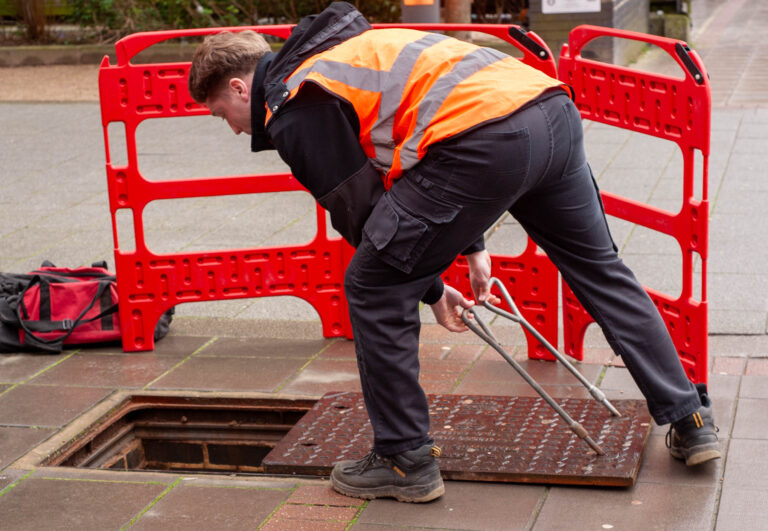
Castle Water: The UK’s #1 for meter reading performance in 2025
It’s official, Castle Water customers have the most accurate bills in the market, with the latest performance statistics from market

It’s official, Castle Water customers have the most accurate bills in the market, with the latest performance statistics from market

It’s official, Castle Water customers have the most accurate bills in the market, with the latest performance statistics from market operator MOSL showing we are number 1 for meter reading. New results for the current financial year show Castle Water is championing businesses across the UK, with over 1.3 million
